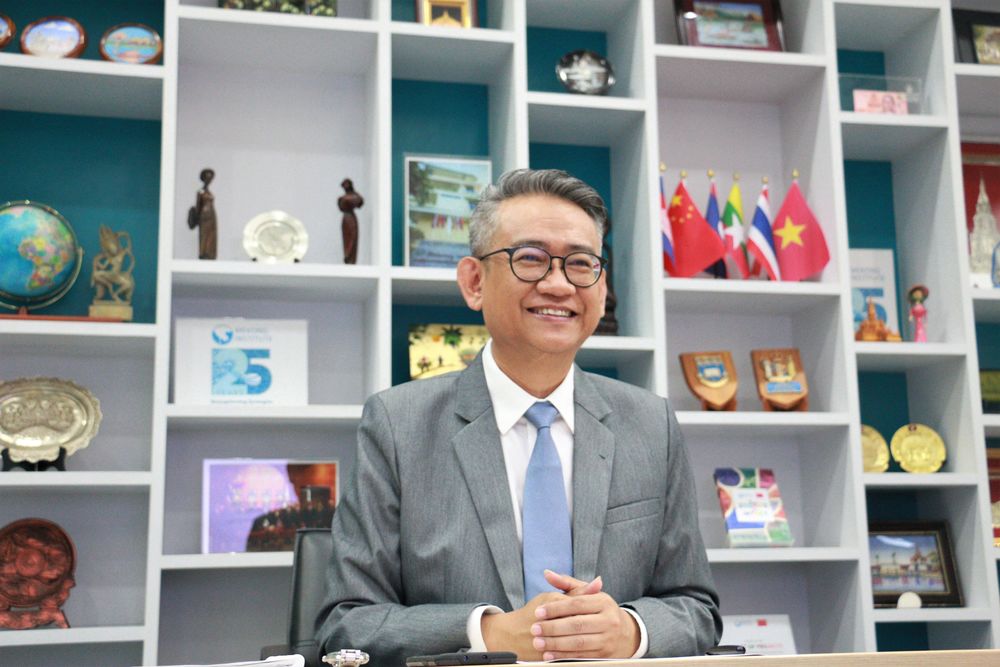In tapping the province’s location, resources, industries, and skilled manpower, Khon Kaen can help revitalize the economy of the country and subregion
he said, explaining that further investments will snowball to other cities, as well as neighboring countries, which will create industrial clusters across regional supply and production chains.
This will, ultimately, lead to increased employment, upgraded logistical and digital infrastructure, unified markets, and more importantly, decentralized development where outskirt communities in Thailand and GMS countries can equitably access gains from Khon Kaen's progress
Mr. Suriyan said.
Touted as one of the largest provinces in the northeastern region with 1.8 million in population, Khon Kaen’s investments in transforming itself as a smart city and MICE center, as well as a hub for transport and logistics and food innovations have attracted international and regional interests.
In encouraging government officials, policy experts, and business leaders in the forum to help deploy an integrated multi-sectoral approach towards the province’s advanced development, Mr. Suriyan introduced MI’s “GMS City Nodes Network” project to link Khon Kaen with other strategic cities within the subregion.
Designed to produce targeted solutions and practical approaches for the more efficient production and movement of goods and services across borders, the project will deliver capacity development activities, as well as networking and dialogue platforms such as a GMS business forum to mobilize broad based support in identifying and promoting potential cities to cement the subregion’s position as a center of diversified and high-scale production export markets.
Since the start of the pandemic, MI has implemented projects to support recovery strategies in the mid- and long-terms. This included enhancing the competitiveness of the GMS’s small- and medium-sized enterprises through e-commerce and opening market opportunities for them in the Republic of Korea, Canada, as well as countries in Africa and Asia. MI has also been steadily advocating increased investments in upskilling the subregion’s workforce and promoting the merits of digital connectivity through infrastructure and adaption.
Borne from the objective of bridging development gaps, the “GMS City Nodes Network” project aims to deliver transformative change in the community- and national levels by linking collaborative partnerships for more connective economies.
Held annually, the Khon Kaen Business Forum convened government officials, policy makers, development partners, and business leaders to enhance facilitative trade and investment policies and broaden business networking and matching. It was organized by the Franco-Thai Chamber of Commerce, the Netherlands-Thai Chamber of Commerce, the Belgian-Luxembourg Thai Chamber of Commerce under the Joint Foreign Chambers of Commerce in Thailand with support from the Government of Khon Kaen Province, MI, and other private organizations.








